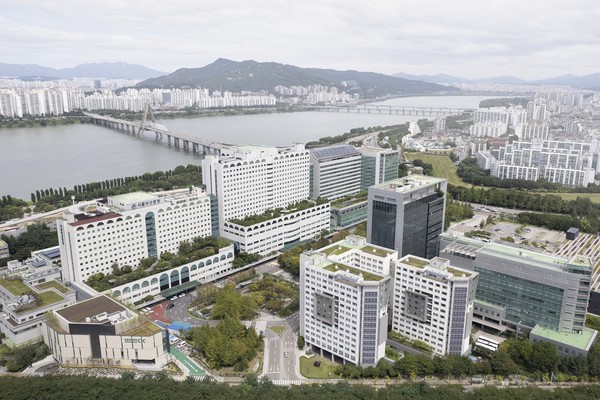“Essential healthcare” has emerged as the most prominent topic of Korea’s medical community in 2022, replacing Covid-19. However, that was not the only controversy this year. As the political power changed through the presidential election in March, significant changes were also predicted in health and medical policies. Old controversies, including the permission of “new medical schools,” were repeated. Korea Biomedical Review summed them up into the top five health and medical news. -- Ed.

In the early morning of July 24, a nurse at Asan Medical Center (AMC) in Seoul collapsed, complaining of a headache.
The nurse underwent a test at the hospital’s emergency room to be diagnosed with cerebral hemorrhage. However, there were no surgeons who could perform craniotomy at ASM at the time. So, the nurse was transferred to Seoul National University Hospital but died in the end.
The news that a nurse in one of the best hospitals in Korea collapsed due to a stroke but could not survive it came as a shock.
The Ministry of Health and Welfare conducted a field investigation. It concluded that the two doctors who could perform the surgery were absent due to holidays and other reasons on the day. Still, there were no violations according to the Medical Service Act.
But the case added fuel to efforts to strengthen essential healthcare services.
In September, the ministry formed a task force on essential care and collected opinions from 30 medical agencies, societies, and other organizations to work out supportive measures. It unveiled them in a public hearing on Dec. 8.
The supportive steps contained measures such as:
-- Reevaluating and redesignating 14 regional cardiovascular centers
-- Operating rotational night-shift system of specialists among hospitals by disease
-- Reorganizing delivery-related centers into regional mother-and-child medical centers
-- Applying public policy fees to emergency, severe, delivery, and childcare services
-- Introducing personnel and safety policy fees and vulnerable regional fees to support childbirth
-- Expanding the allocation of specialists to provincial hospitals and essential departments
However, criticisms immediately followed, such as, “there are limitations to reviving departments students avoid,” or “these run far short of being sufficient.”
The ministry also refuted the critics.
“You can't be full by the first spoonful of rice. The ministry and the medical community made these measures together by collecting field opinions,” it said. “This is not the end, and we will continue to communicate and make additional measures."
Notably, the medical community, led by the Korean Medical Association, called for enacting a “special law to handle essential care-related accidents,” stressing that doctors must be able to apply for essential medical departments without fear to revive the essential care.
This year will be remembered for igniting efforts to support essential care that none had dared to tackle, sparked by a nurse’s frustrating death.

